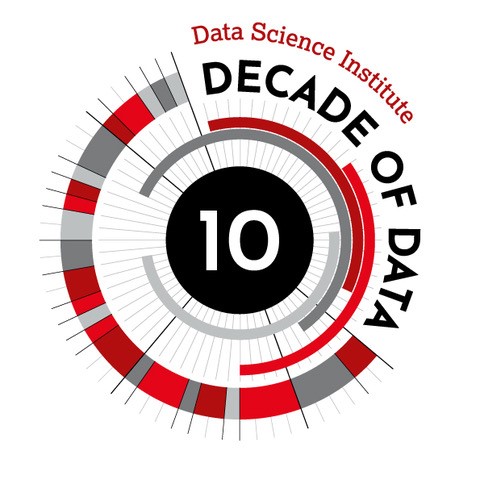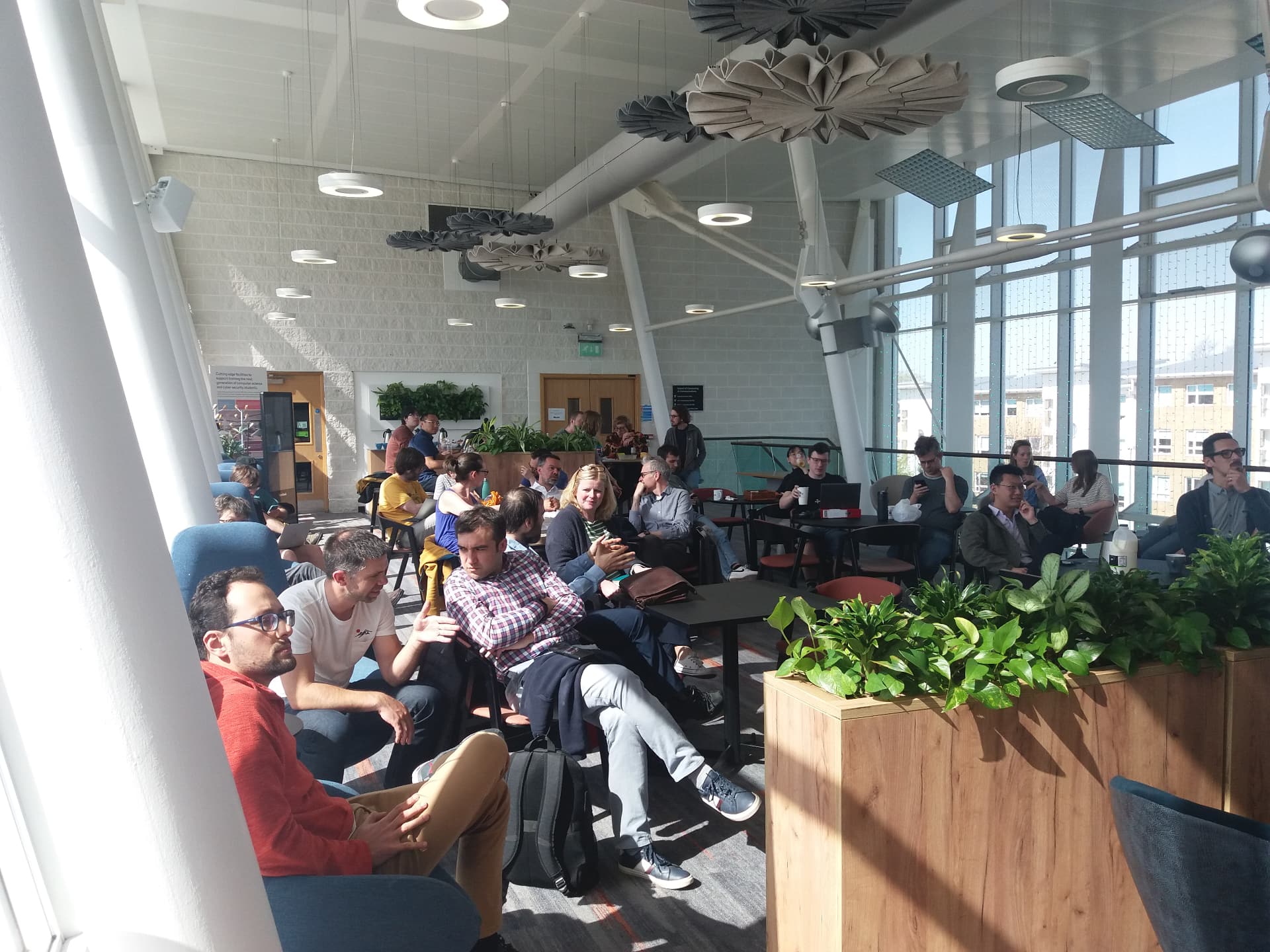Speculative Machines and Us: Histories and Futures of AI
The term ‘speculative machines’ references Alan Turing’s ‘universal machine’ (1936), yet it also indexes the speculative operations of emerging forms of generative AI. This one-day symposium will explore transnational genealogies of artificial intelligence and ‘the digital’ and consider how and why they matter to present and future AI imaginaries, research, and technologies – and their associated promises, threats, and potentialities. Event contributors are invited to trace backwards from the current focus on, and hype around, pre-trained transformer models and other machine learning technologies to re-engage past or alternative incarnations of AI and digital computing (i.e. cybernetics, post-war neural network research, logic-based and symbolic processing AI, early machine learning, “nouvelle AI” and robotics etc.) and their affective, cultural, socio-technical, political, economic, and ecological particularities, problematics, and, perhaps, ‘undetonated potential’ (Freeman, 2010). How were past visions of digital mediation linked to changing accounts of human sense perception and an ‘aesthetic infrastructure of sensorial training’ (Halpern, 2014: 15) – and with what contemporary resonances, impacts, or provocations?
Amid the increasing entanglement of data analytics, Big Tech, political authoritarianism, ecological extractivism, and neocolonial “common sense”, symposium participants may also wish to speculate on the biopolitical and geopolitical futures of generative AI – and their epistemological, ethical, and environmental implications. If our digital past(s) are not fixed or ‘lost’ but rather a ‘space for potential’ (Chun, 2021: 224), what alternative paths and possibilities for human-machine relations might such temporal experiments and explorations open up or activate? How might the afterlives of earlier forms of digital technology and mediation offer a rich archive from which to collaboratively intuit, design, refuse, or fabulate AI futures? Exploring these interdisciplinary themes and questions might include critical and creative engagement with media and cultural theory, science and technology studies, speculative design, computer science, informatics, human-computer interaction, critical data studies, digital humanities, media history, digital arts, digital archive studies, digital sociology and geography, and other relevant fields.
Speculative Machines and Us is funded by the British Academy, with support from the Centre for Science Studies, the Data Science Institute and ImaginationLancaster.










.jpg)
.jpg)




